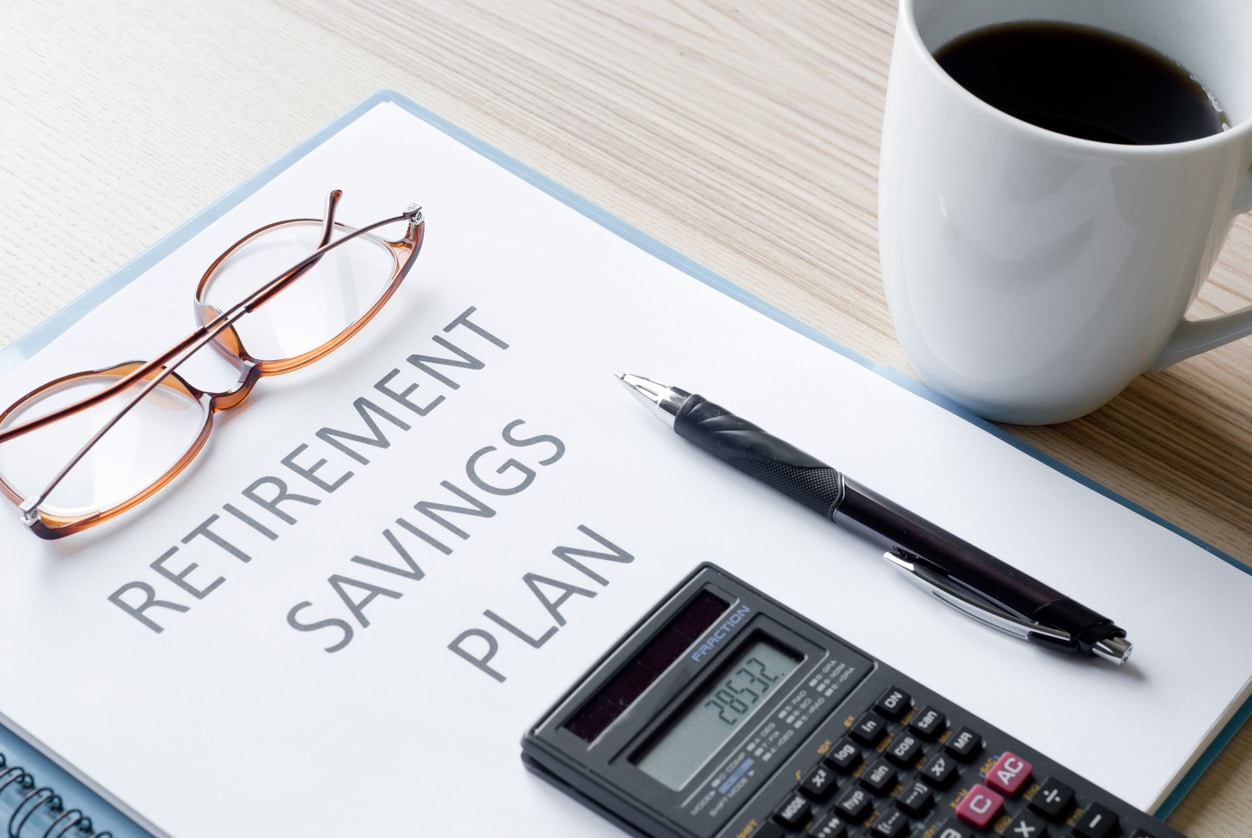 At what age do you as a business owner plan to retire? Are you prepared? If you are like many small business owners – more than a third of them – you don’t ever plan to fully retire, so making a succession plan or arranging to sell your business does not seem so very pressing a problem. However, there are a number of reasons why preparing for the future is still an excellent idea.
At what age do you as a business owner plan to retire? Are you prepared? If you are like many small business owners – more than a third of them – you don’t ever plan to fully retire, so making a succession plan or arranging to sell your business does not seem so very pressing a problem. However, there are a number of reasons why preparing for the future is still an excellent idea.
In general, small business owners tolerate financial risk well. They tolerate it quite bit better than they do working according to a corporate schedule. Forty percent of owners report that they “would never work for someone else.” They often feel that they can make the most money going off and starting their own business and investing the profits back into that business, and they are frequently right! However, this strategy only works well as long as the owner can still work. Unfortunately, working forever is an option for none of us. What happens if there is an accident, an illness, or another unexpected event that takes your health or your attention away from your company for a prolonged period of time?
The possibility of a sudden change for the worse is an excellent reason why planning for retirement is a crucial step for maintaining your investment even if you want to keep working for years. Most people assume that their good health will continue or that if they slow down as they age, it will be at a reasonable rate. For the majority, this will be true. Other high-energy, high-stress people are one medical event away from closing the doors to their businesses overnight and at a serious loss.
Calder has experienced numerous situations where a client or prospective client’s health has declined and taken a toll on the business. As recently as 2015, we experienced a situation where one of our clients (aged 65) died in the midst of a negotiation. Others have had heart attacks and their business has declined rapidly. In another instance, a partner died and immediately thereafter sales began to nosedive. One of the most difficult hurdles to overcome in selling a business is overcoming declining sales and profits.
What can you do to prevent that from happening to your investment?
The most crucial step is to reduce the owner dependence of your business. How well does your business run when you go on vacation? Do you have a hierarchy of decision makers in place who can easily fill in and make decisions if you are not there? How well do you delegate? How comfortable is your staff with taking on more responsibility? If you are the only person who has the knowledge or the practice to run your business successfully, its doors will close without you. No one will even want to buy your business unless or until you staff it with capable, confident people who can and will step up to fill a power vacuum. The bottom line is that owner dependence critically lowers the value of your investment.
The second thing you can do is talk to a business broker about your options. Even if you have no intention to retire ever or it’s far too early to think about, it’s still a good idea to know what you can do to increase the value of your business so that whoever succeeds you has the healthiest and best run business possible. A business broker is generally well-suited to give you an indication of your business’ value and also a prospective deal structure. If you care about your company, your workers, your customers, and your bottom line, knowing what your business is worth is essential.
Once you are armed with an appraisal, we recommend taking your business appraisal to your CPA for a tax analysis. Particularly in an asset sale, which is most common, the agreed-upon allocation of assets can have a very significant impact on the actual money you put in your pocket. CPAs are best-suited to conduct this type of analysis because they formally trained to do so and generally have an universal understanding of your sources of income.
Lastly, we recommend talking to a wealth advisor about options for investing the proceeds of the sale. It is important to remember that it can be difficult to impossible to replicate the type of return you get from running a small business in the marketplace. For example, whereas a healthy business may have a 15-20% EBITDA margin, in the market you may realistically only be able to capture 6-8% while simultaneously minimizing risk. The point is that it’s important to understand how long your money will last and what lifestyle adjustments you may need to make.
Calder Capital can help answer your questions regarding retirement or succession and refer you to honest advisors to assist you. We’d be happy to help you in any way you can, so please contact us today.
